You are here
New Releases

STRENGTHENING RESILIENCE FOR SEXUAL AND REPRODUCTIVE HEALTH IN WEST AND CENTRAL AFRICA
The West and Central Africa regional interventions action plan (2018–2021) focused on supporting and complementing regional and country-level efforts to achieve these aims, all in line with SDGs 3 and 5 and the aspirations of the African Union Agenda 2063.

UNFPA strategic plan 2022-2025
It invites stakeholders worldwide to join UNFPA on its journey to achieve access to sexual and reproductive health for all, realise reproductive rights and accelerate the implementation of the Programme of Action of the International Conference on Population and Development (ICPD). With the 2030 deadline looming to achieve the three transformative results – ending the unmet need for family planning, ending preventable maternal deaths and ending gender-based violence and harmful practices – the pressure is on us to make major strides in a short time.
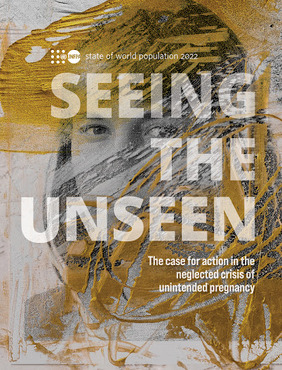
state of world population 2022
This year's report, "Understanding the Unseen: Taking Action to End the Neglected Problem of Unintended Pregnancy," highlights the urgent need to take action to prevent unintended pregnancies. Indeed, worldwide, it is estimated that half of all pregnancies, or 121 million, are not the result of a deliberate choice. 60% of these unwanted pregnancies end in abortion, of which approximately 45% occur in unsuitable conditions, increasing the risk of maternal death. It is estimated that 5-13% of maternal deaths occur as a result of abortion; this has a major impact on the ability of countries to achieve the Sustainable Development Goals.
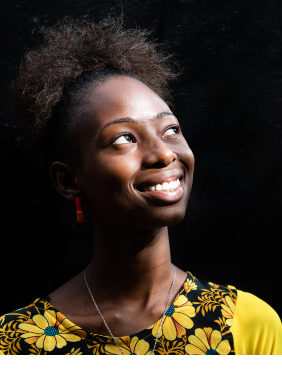
SUMMARY REPORT/ SYMPOSIUM ON MENSTRUAL HEALTH AND HYGIENE IN WEST AND CENTRAL AFRICA
Menstrual health and hygiene (MHH) is a basic right for girls and women, and a key element in achieving gender equality. However, in many settings, particularly in West and Central Africa, women and girls do not have access to reliable, complete and accurate information, nor to adequate sanitation or protective products to allow them to manage their menstruation safely and with dignity. This results in many women being denied their basic human rights during menstruation, in terms of education, health, work, water or dignity in a broader sense.
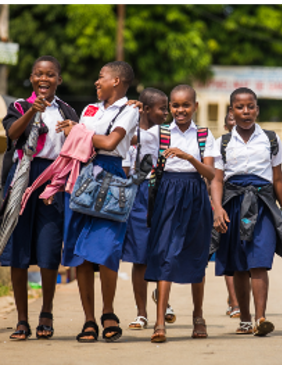
REPORT/ SYMPOSIUM ON MENSTRUAL HEALTH AND HYGIENE IN WEST AND CENTRAL AFRICA
Menstrual health and hygiene (MHH) is a basic right for girls and women, and a key element in achieving gender equality. However, in many settings, particularly in West and Central Africa, women and girls do not have access to reliable, complete and accurate information, nor to adequate sanitation or protective products to allow them to manage their menstruation safely and with dignity.
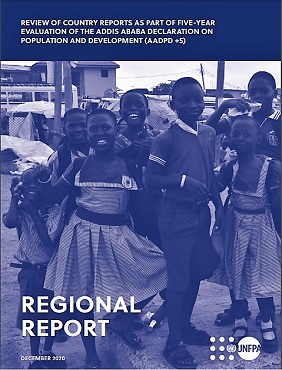
Review of Country reports as part of five-year Evaluation of the Addis Ababa declaration on Population and Developement(AADPD +5)
The Addis Ababa Declaration on Population and Development (AADPD) was adopted by African ministers at the Regional Conference on Population and Development in Addis Ababa in October 2013 and endorsed by heads of state at a meeting of the African Union’s Executive Council the following year. The Declaration provides guidance on population and development in Africa and guidelines for the full implementation of the International Conference on Population and Development (ICPD). Beyond 2014 in Africa (which itself built on the ICPD 1994 Cairo conference).
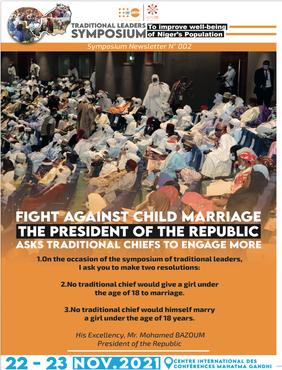
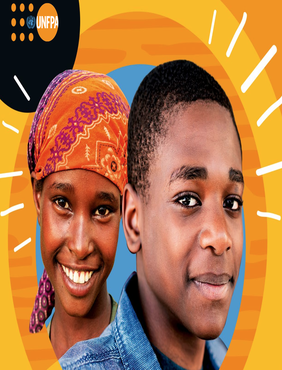
MEANINGFUL ADOLESCENT AND YOUTH ENGAGEMENT (MAYE) during responses to epidemics and pandemics
Adolescents and other young people under the age of 24 make up a quarter of the world’s population (1.8 billion) with 89% of this particular demographic living in low- and middle-income countries (UNFPA, 2019). In the West and Central Africa region about 64% are under the age of 24, a tremendous potential resource. However, public health emergencies, epidemics and pandemics like Ebola, Zika, SARS, HIV and COVID-19 disrupt and limit young people’s participation in society and their access to facilities including sexual and reproductive health services.
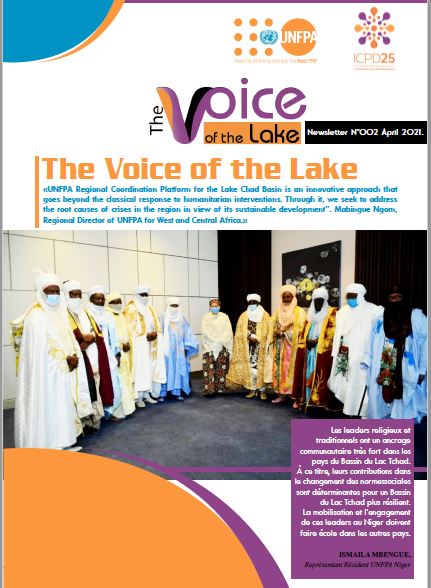
The Voice of the Lake
The Humanitarian Needs Overview (HNO) indicates that of the 20 million people in urgent need and humanitarian assistance in the Lake Chad Basin, 3.7 million are in Niger. Women and young girls are among the most vulnerable categories with 51%. They often face problems of access to basic social services, particularly reproductive health services for women of childbearing age and education for young girls. For young boys, the precariousness of the situation, exposing them to idleness, a source of poverty, facilitates their easy enrollment by the GANEs.
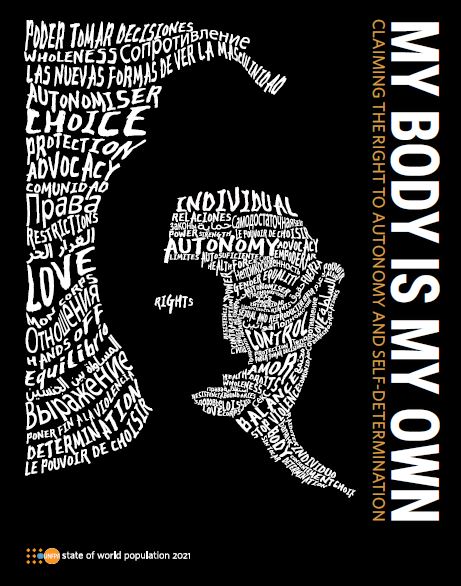
MY BODY IS MY OWN CLAIMING THE RIGHT TO AUTONOMY AND SELF-DETERMINATION
Nearly half of women in 57 developing countries are denied the right to decide whether to have sex with their partners, use contraception or seek health care, according to UNFPA's 2021 flagship State of World Population report, released today. For the first time, a United Nations report focuses on bodily autonomy: the power and agency to
make choices about your body, without fear of violence or having someone else decide for you. This lack of bodily autonomy has massive implications beyond the profound harms to individual women and girls: potentially depressing economic productivity, undercutting skills, and resulting in extra costs to health care and judicial systems.